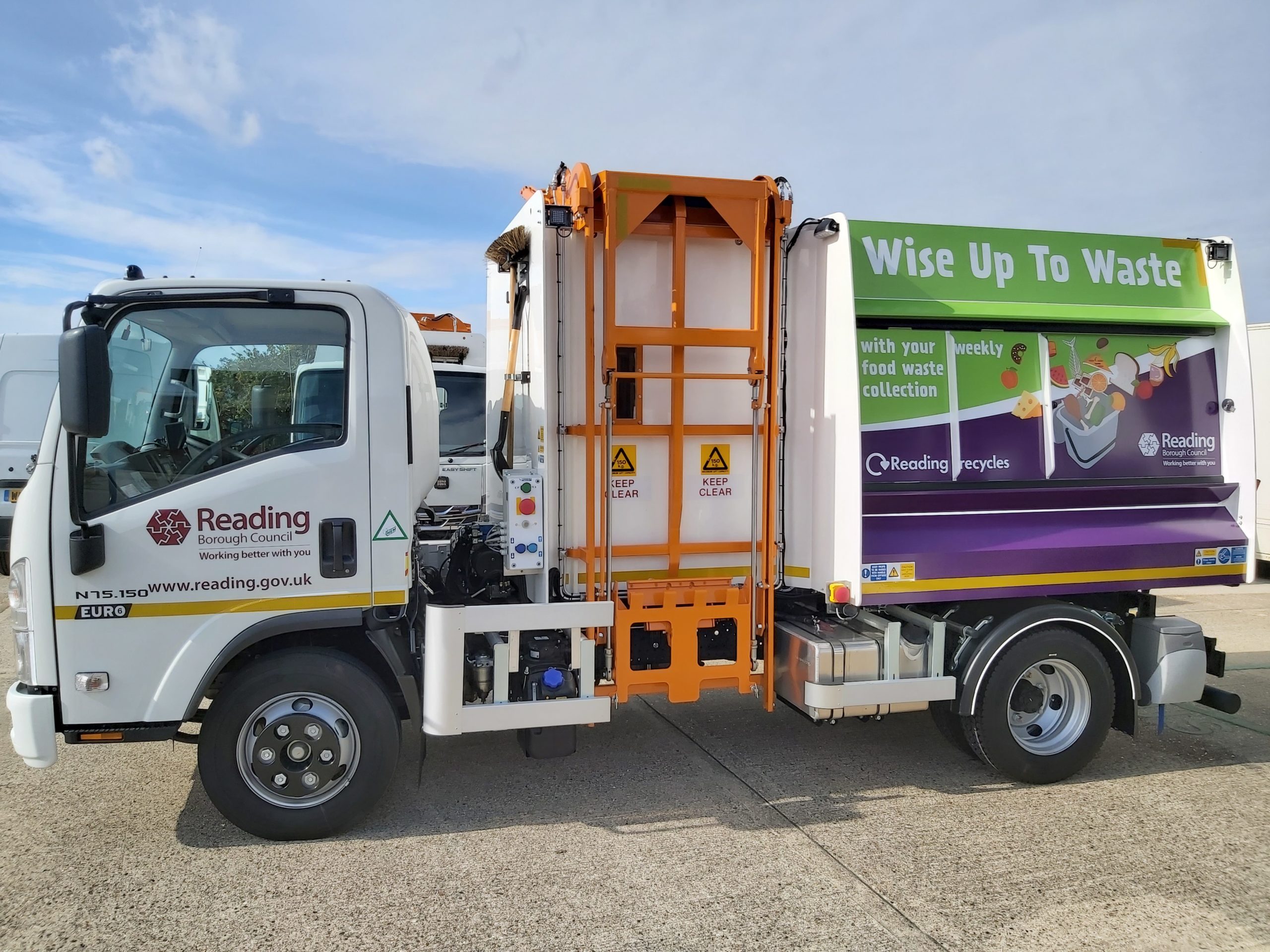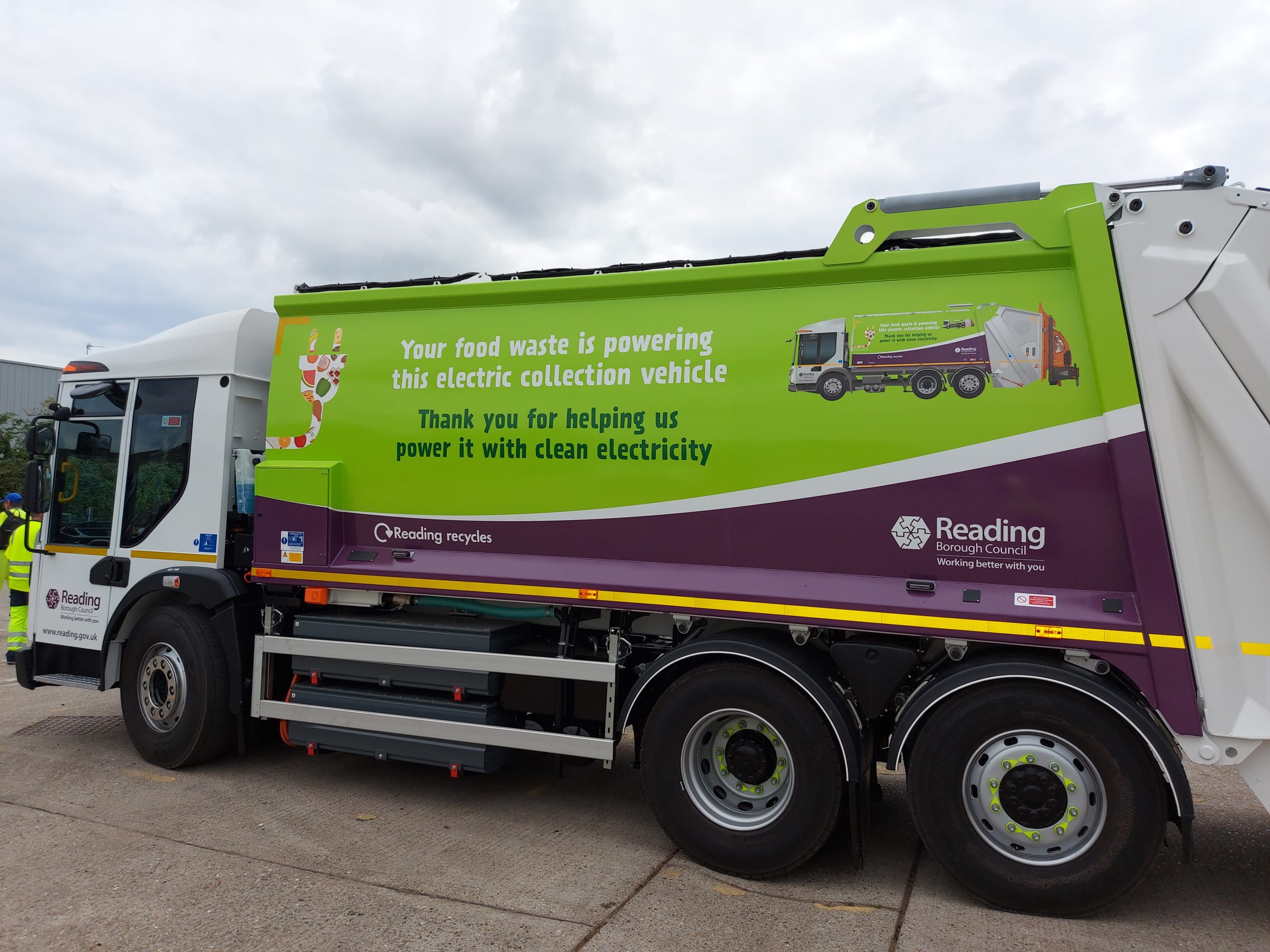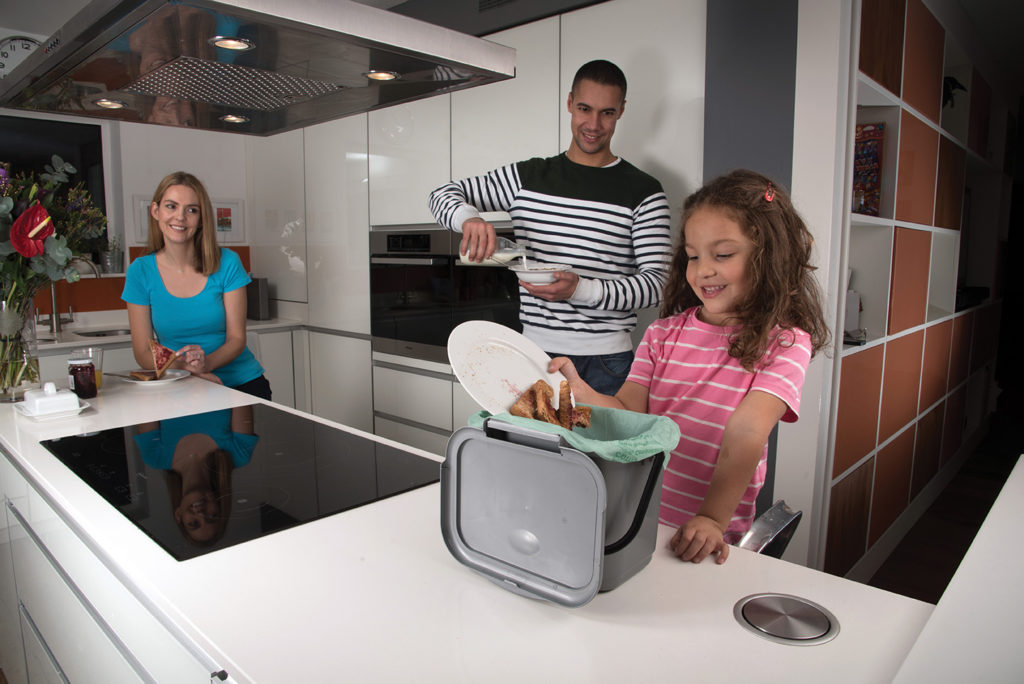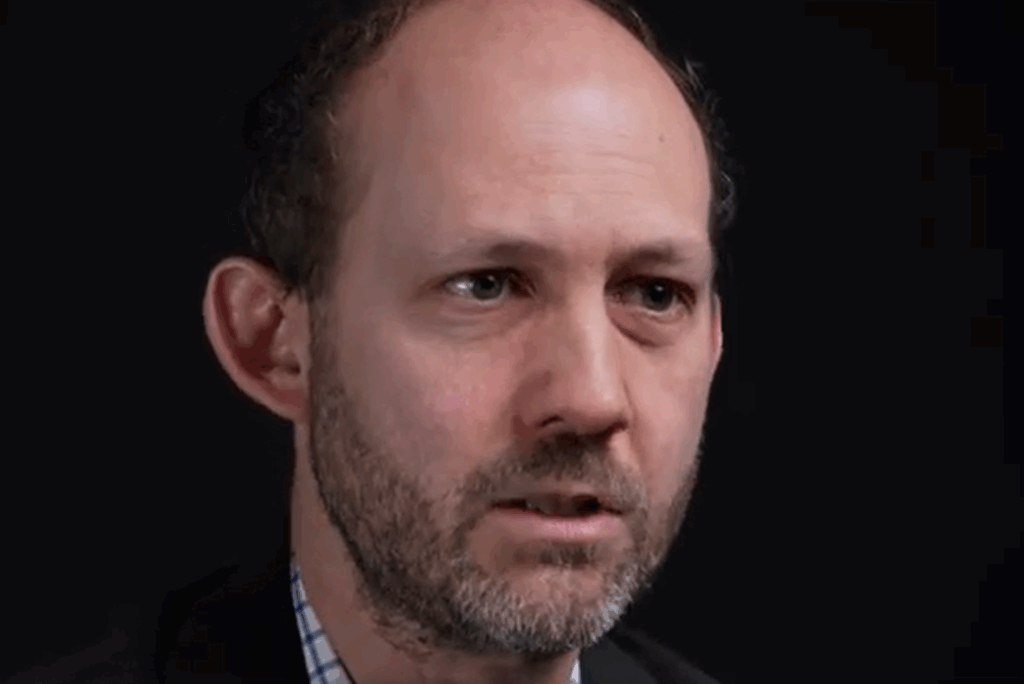OPINION: Reading was far from the first local authority to introduce food waste collections. When we were ready to make that step locally, though, we were determined to do it well.
You’d be hard pressed to find a more important service that every local authority delivers than its doorstep waste collections. It’s something which affects every single resident, no matter their personal circumstances.
Food waste collections presented a particular challenge in Reading, as we are a densely populated urban area with a wide range of properties of different types. We quickly understood that making it as easy and simple as possible for residents was the key to success.
Communications
With that in mind, a lot of effort went into planning and delivering our comms to give the roll-out of this new service as soft a landing as possible. That meant our waste services working hand in hand with our comms professionals to deliver an effective communications campaign to get results.

Introducing food waste collections against the backdrop of Covid (we launched in February 2021) made things particularly challenging, but an early adopter programme, where 3,000 addresses trialled the scheme in advance of the main rollout to over 50,000 households, helped ensure the logistics and communications worked.
The main rollout saw radio adverts and a step-by-step animated guide to how food waste collections work, and why they are important, served digitally to locals online and Reading’s social media users.
We even had our waste collection trucks branded with messaging encouraging residents to get involved with food waste recycling.
Recycling rates
Our residents responded magnificently, and recycling rates in Reading went from 35% to 52% as a result of the new collections service. The fact that we exceeded expectations in terms of our targets for this project is very much down to the eagerness of Reading’s residents to respond to the climate emergency.

Importantly, Reading has also retained its in-house waste collection service. This made coordination and roll-out much more straightforward than if we had to deal with an outside agency, who would naturally have their own priorities to consider. An in-house team meant we could be more flexible to emerging challenges and it shortened the chain of accountability, the so-called ‘blame game’, which can sometimes arise when a third party is involved.
Net zero
Our journey to zero waste still has a long way to go, of course. While efforts continue to drive our recycling rate still higher, we are also mindful of the need to focus on waste reduction at the top of the waste hierarchy, and to better understand how to drive the behavioural changes needed to achieve it.

We are also mindful of the need to drive down the environmental impacts of our waste collection operation. To this end, shortly after the roll-out of the food waste collection service, we introduced our first EV refuse truck as part of our commitment to electrify the Council’s entire vehicle fleet by 2028. This has enabled us to tell a positive story to residents about how the food waste we collect from them is transported to an anaerobic digestor, generating electricity for the grid to power the trucks which collect the food waste – a small example of the circular economy in practice.
While many of us in local government welcome the UK Government’s attempts – especially through the Environment Act – to take sustainable waste management forward further still, we have been concerned by an apparent tendency to micromanage councils when it comes to issues like booking systems for household waste recycling centres or charging for DIY waste.
We really do know our areas well and we can be trusted to get on with the job of making judgements about what works best on our patch. And while the case for deposit return schemes is clearly compelling as a key policy instrument to reduce single-use plastics, their implementation does need to be handled carefully to avoid undermining the economics of municipal recycling – an orderly transition is required, and we look forward to working with the government to make it so.
‘Come a long way’
As recognised in a new Local Net Zero Delivery progress report from UK100 — a network of climate ambitious local leaders, of which we’re a proud member — we have come a long way in Reading over a short space of time, but we also know we have a long way to go.
With residents continuing to work with us as positively and proactively as they have with our food waste service, we can be confident about our ability to get there.
Reading’s progress features in a new report on the link between waste and local net zero, published today (14 July) (see letsrecycle.com story).








Subscribe for free